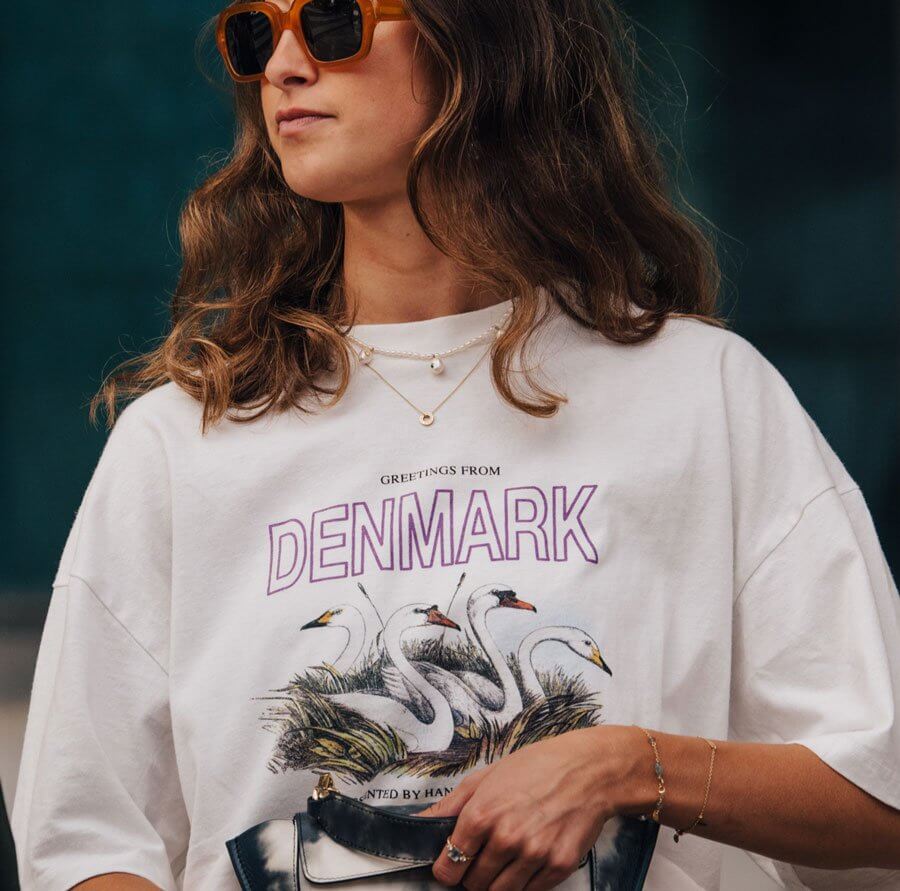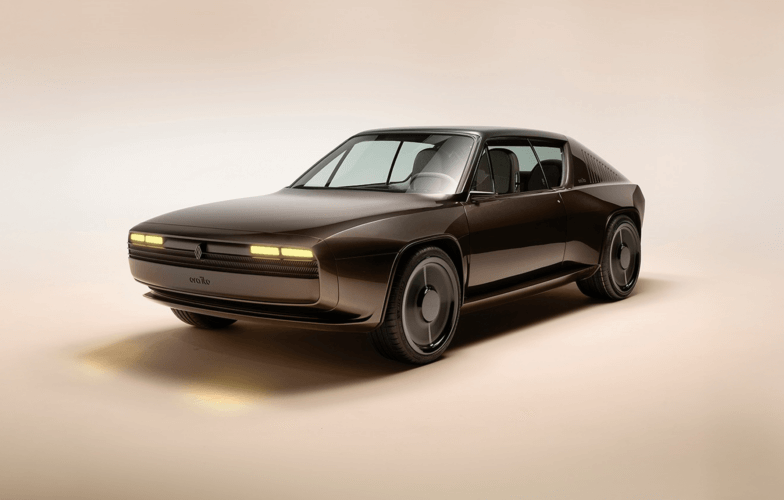
Made in Denmark
DecodingsIs there a new wave of fashion coming out of Denmark? It certainly looks like it, judging by the large number of brands reaching beyond the clichés of “selectness” to propose other angles of desirability.
The luxury sector is booming in Denmark, whose domestic market is marked by high disposable income, low unemployment and – for nearly 7 years now – negative interest rates at national banks. Experts are regarding the Danish luxury market as a global case study.
While the country is internationally recognized for its approach to design, a socio style that was put forward during a few years ago for its avant-gardism on social issues, the country has also updated his style, adopting a vision more in step with international demand.
Make way for Danish fashion
Worth about 550 million U.S. dollars (481 million euros), fashion constitutes the largest segment of the Danish luxury market in terms of sales. It’s also the most significant showcase for the new “Made in Denmark” trend lending itself to export abroad.
Riding the wave of new Scandi style (mentioned in “Folk Utility” profile in our publication Living Expressions), the brand Aiayu embodies this new vision.
The “all black” collections, formerly a staple of Nordic fashion, have given way to an “organic” look featuring materials like flax, cotton, silk and hemp, without overdoing the casual attitude.
This stance has been saluted by reviewers who note the “strong messages” including the “made to last” mantra expressed by 2017 LVMH Prize finalist Cecilie Bahnsen (e.g.in her modern version of the bridesmaid’s dress).
Copenhagen Fashion Week bears witness to this regional creative/cultural revival. Long neglected by buyers for scheduling reasons, this event has gained in extravagance and is getting their attention. In the last two years, it has grown in scale as it presents cult brands to the public at large.
Among these cult brands are Ganni – a new standard-bearer for Danish cool – and Saks Potts, launched by Barbara Potts and Cathrine Saks, designated by Vogue magazine last spring as “Copenhagen’s coolest label”. Popular with celebrities like Cardi B and Kendall Jenner, the latter has rapidly become a touchstone for the desirability of Danish fashion, finding inspiration close to contemporary art. Today, its products are carried by more than 50 retailers all over the world.
Cover: Søren Jepsen



